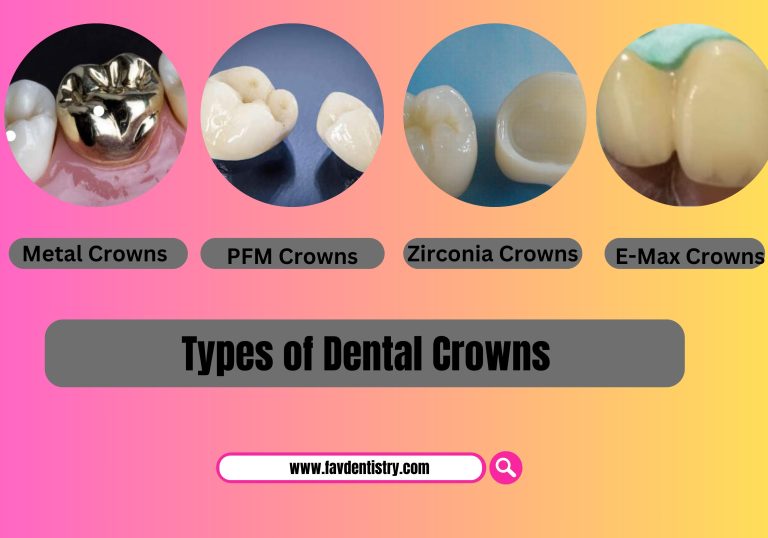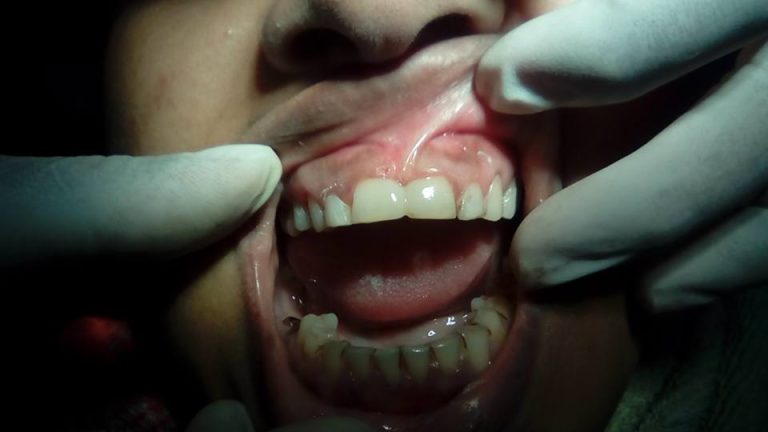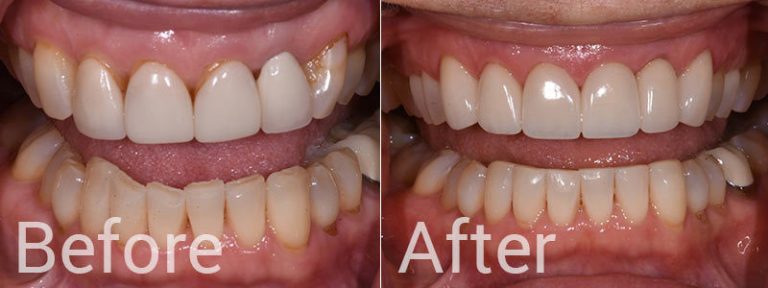Last Updated on 3 weeks by DR. ALBIN SIPES
Ceramic dental crowns typically last between 10 to 15 years. Dental crowns made from ceramic are a popular choice for restoring damaged or decayed teeth due to their natural appearance and durability.
But how long can you expect them to last? On average, ceramic dental crowns can last between 10 to 15 years with proper care and maintenance. However, the lifespan of a ceramic dental crown can vary depending on various factors such as oral hygiene practices, grinding or clenching habits, and the overall condition of the tooth beneath the crown.
In this article, we will explore the factors that can affect the longevity of ceramic dental crowns and provide tips on how to make them last longer. So, if you’re considering getting a ceramic dental crown or already have one, keep reading to learn more about their expected lifespan and how to extend it.
Understanding The Lifespan And Durability Of Ceramic Crowns
Understanding the lifespan and durability of ceramic dental crowns is essential for patients considering this treatment option. Several factors can affect the longevity of ceramic crowns. These include dental hygiene and maintenance practices, the quality of the ceramic material used, bite force and occlusion, and proper placement and bonding techniques.
On average, ceramic dental crowns can last for a long time, ranging from 10 to 15 years or more. However, individual cases may vary, and real-life examples and case studies can provide insights into the expected range of longevity. Additionally, patient habits and lifestyle factors play a role in the wear and tear of ceramic crowns.
Signs of worn-out or failing crowns include dental sensitivity, visible damage and cracks, changes in fit and bite, as well as gum inflammation and recession. It’s important to monitor these signs and seek professional attention when needed.
Extending The Lifespan Of Ceramic Dental Crowns
Maintaining the longevity of ceramic dental crowns requires proper oral hygiene habits. Brush gently using a soft-bristled toothbrush and floss carefully. Use non-abrasive toothpaste and mouthwash to protect the crown’s surface. Regular dental check-ups and professional cleanings are crucial for monitoring and addressing any issues.
Choosing a tooth-friendly diet helps protect ceramic crowns. Avoid hard and sticky foods that can cause damage. Opt for low-acidic and non-staining foods to prevent discoloration. Limit alcohol and tobacco consumption, as they can impact crown durability. Additionally, wearing mouthguards during physical activities shields the crowns from potential damage.
Managing bruxism and tmj disorder is also essential to reduce excessive forces on the crowns. Address any teeth grinding habits promptly to maintain the lifespan of ceramic crowns.
Replacing Ceramic Dental Crowns: When And Why
Replacing ceramic dental crowns is necessary for various reasons. First, irreversible damage and decay can occur over time. Aesthetic concerns and restorative needs may also arise. Additionally, functional limitations and bite problems can affect the performance of ceramic crowns. The process of crown replacement involves several steps.
It starts with an evaluation and diagnosis of the existing crown. Then, the tooth is prepared and temporary crowns are placed. The selection of a new ceramic crown is important for a perfect fit. Finally, the new crown is placed and adjusted for proper alignment.
When considering crown replacement, it is essential to understand the costs involved. Factors influencing the cost include materials used, complexity of the case, and the dentist’s expertise. Dental insurance coverage should also be taken into consideration. For those who do not have insurance, financing options and payment plans can make crown replacement more affordable.
Frequently Asked Questions On How Long Do Ceramic Dental Crowns Last
How Long Do Ceramic Dental Crowns Typically Last?
Ceramic dental crowns can last between 10 to 15 years with proper care and maintenance. Regular dental check-ups and good oral hygiene practices can help extend their lifespan.
What Factors Can Affect The Longevity Of Ceramic Dental Crowns?
Several factors, such as oral hygiene practices, habits like teeth grinding, diet, and general oral health, can impact how long ceramic dental crowns last. It is important to avoid habits that can weaken or damage the crowns and to follow your dentist’s care instructions.
Can Ceramic Dental Crowns Ever Need To Be Replaced?
Yes, there are instances where ceramic dental crowns may need to be replaced. Over time, crowns can wear down, become loose, or develop cracks. Additionally, changes in the underlying tooth or gum health may require replacing the crown to ensure proper function and aesthetics.
How Can I Prolong The Lifespan Of My Ceramic Dental Crowns?
To extend the lifespan of your ceramic dental crowns, it’s essential to maintain good oral hygiene by brushing, flossing, and visiting your dentist regularly. Avoid chewing hard objects or using your teeth as tools, wear a mouthguard during physical activities, and address any dental concerns promptly.
Can Ceramic Dental Crowns Be Repaired If They Get Damaged?
In some cases, minor damages to ceramic dental crowns can be repaired. However, significant damage or cracks may require replacing the crown entirely. It’s best to consult with your dentist if you suspect any damage to your crowns to determine the appropriate course of action.
Are Ceramic Dental Crowns A Suitable Option For Everyone?
Ceramic dental crowns are a popular choice for many individuals due to their natural appearance and durability. However, not everyone may be a suitable candidate for ceramic crowns, depending on factors such as oral health, the condition of the underlying tooth, and the specific treatment goals.
Your dentist can provide personalized recommendations based on your specific situation.
Conclusion
Ceramic dental crowns have proven to be a durable and long-lasting solution for restoring damaged teeth. With proper care and maintenance, these crowns can last for an average of 10 to 15 years. However, individual factors such as oral hygiene practices, teeth grinding, and biting forces can influence their longevity.
Regular dental check-ups and professional cleanings are essential to monitor the condition of the crowns and ensure their optimal performance. Additionally, avoiding habits such as chewing on hard objects and teeth grinding can help extend the lifespan of ceramic dental crowns.
If any issues arise, it is important to consult with a dentist promptly to address any concerns. By following these guidelines, you can enjoy the benefits of ceramic dental crowns for years to come, maintaining a healthy and beautiful smile.




